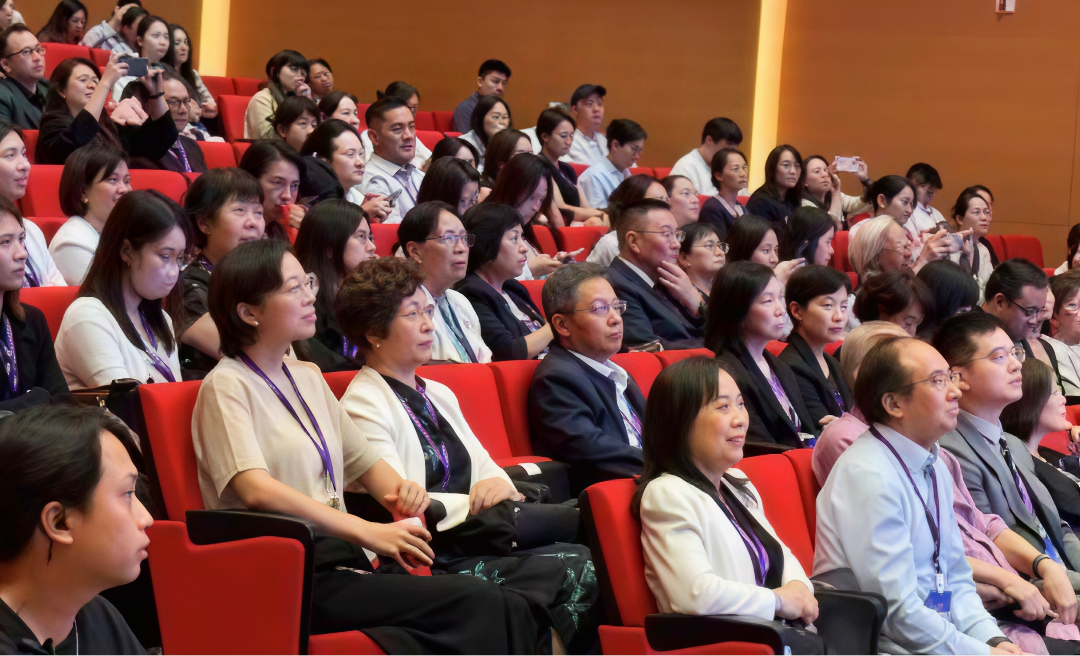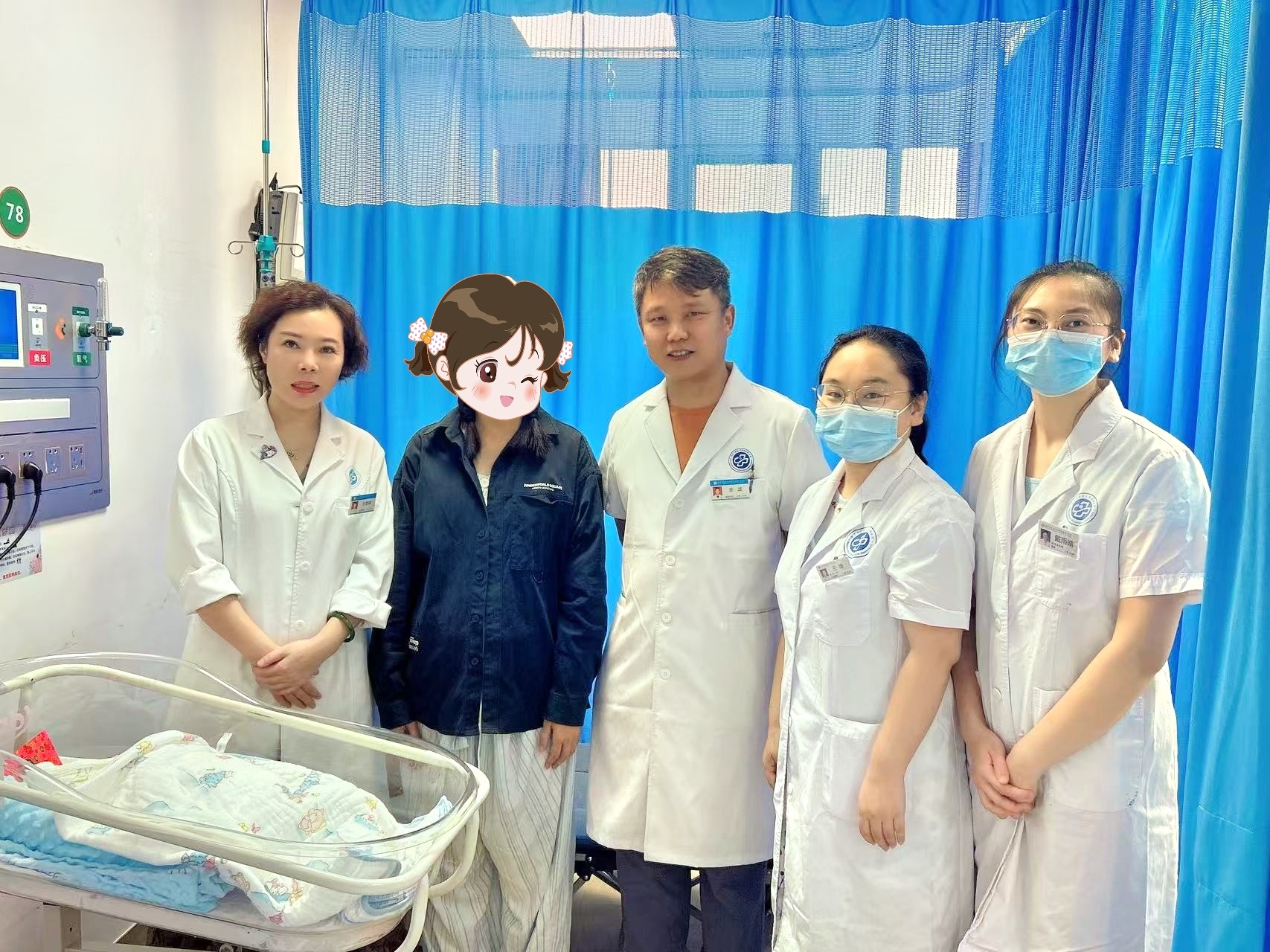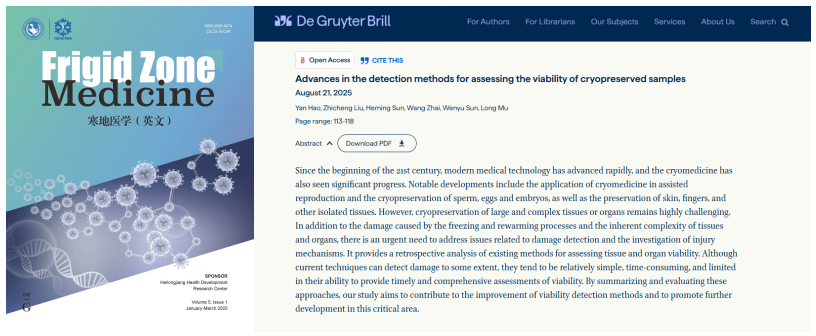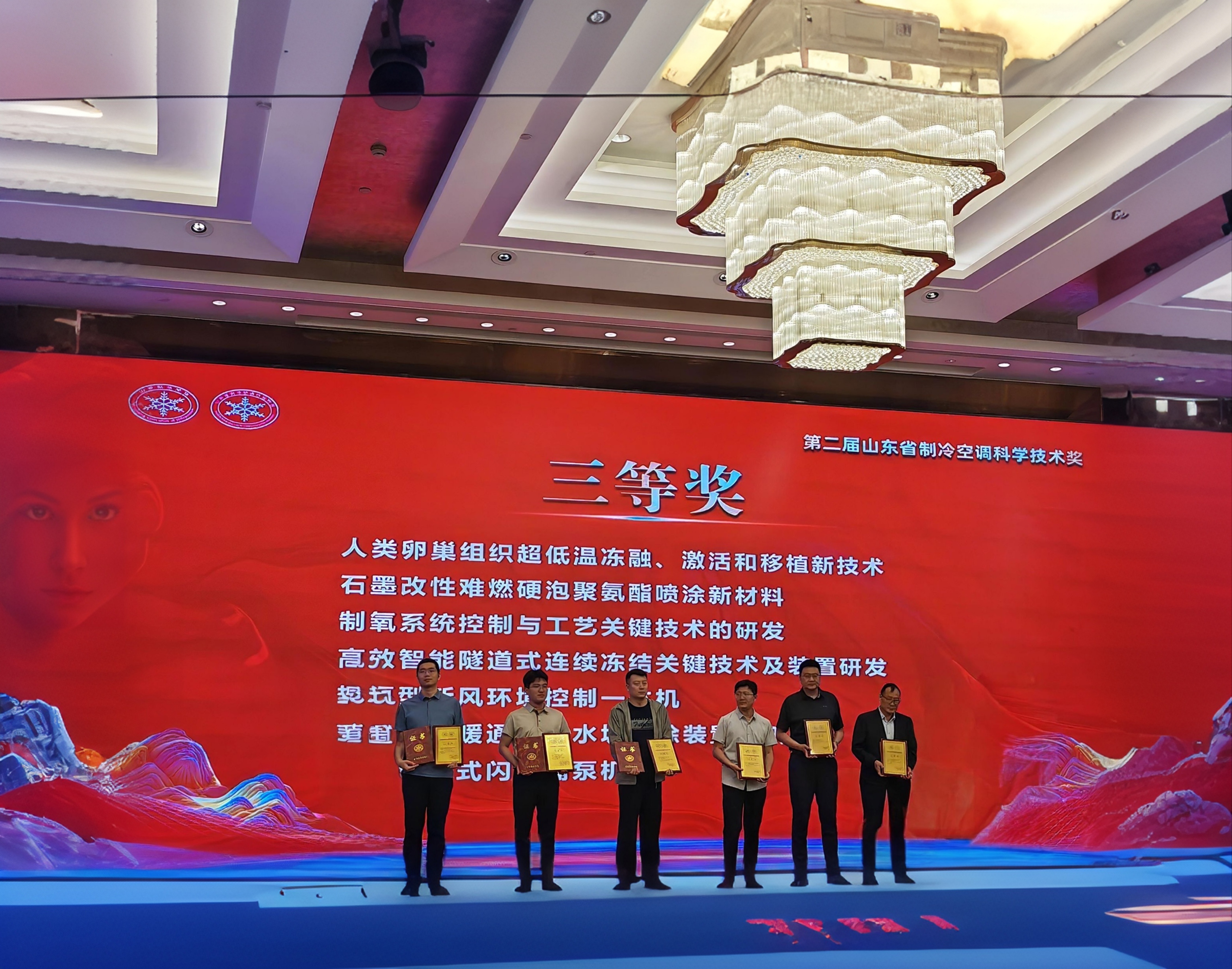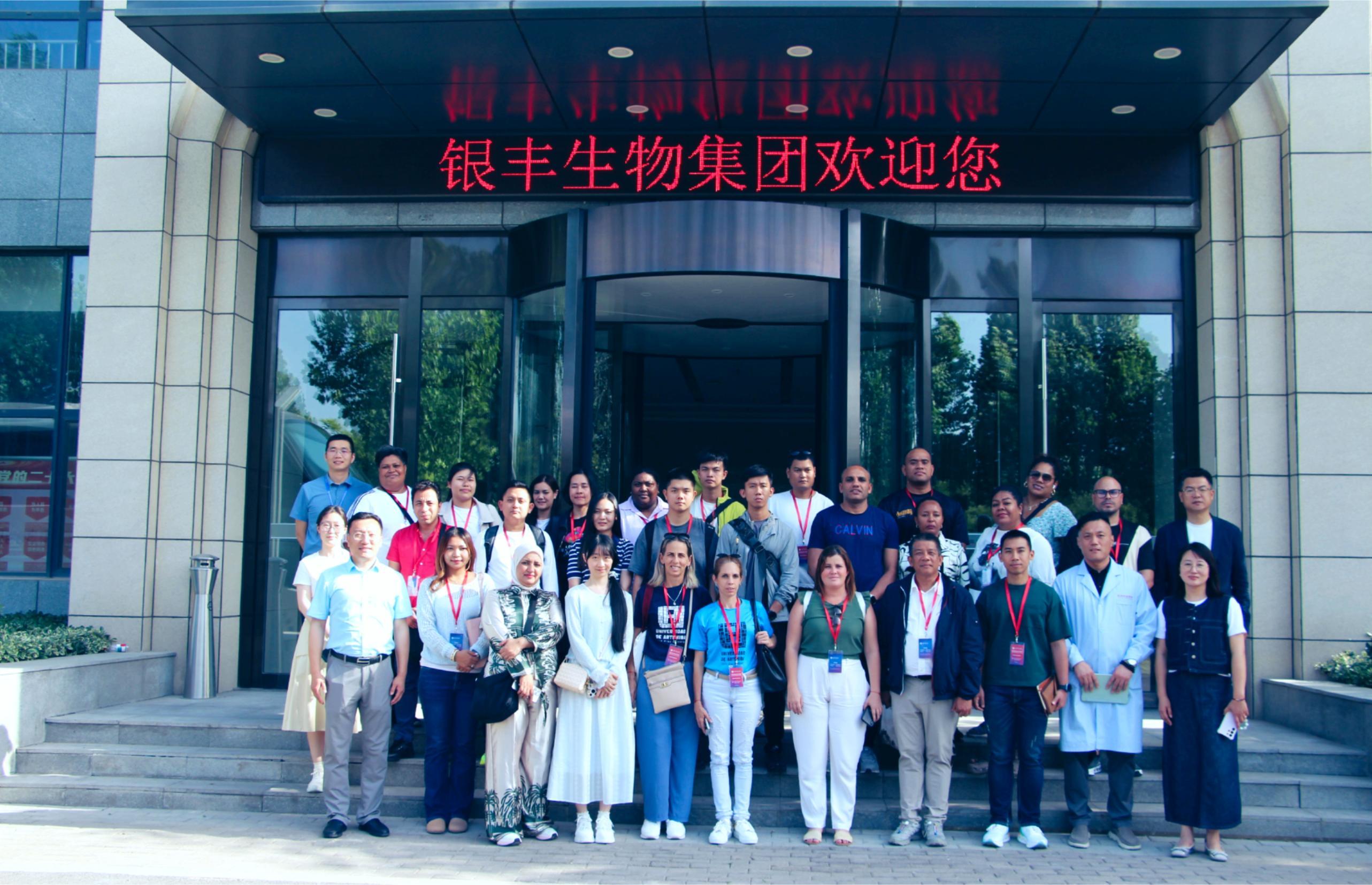Latest Breakthrough in Xenotransplantation: World's Third Genetically Edited Pig Kidney Transplanted into Human
Release time:
2025-01-13
Robert Montgomery, the director of the NYU Langone Transplant Institute, stated in an interview, "This gives us more insight into the expectations for clinical trials, which can include patients with relatively good overall health."
On December 17, 2024 local time, a medical team at NYU Langone Health in the United States announced the third transplantation of a genetically edited pig kidney into a living human. This press release marks the latest breakthrough in xenotransplantation, considered a method to address the organ supply crisis.
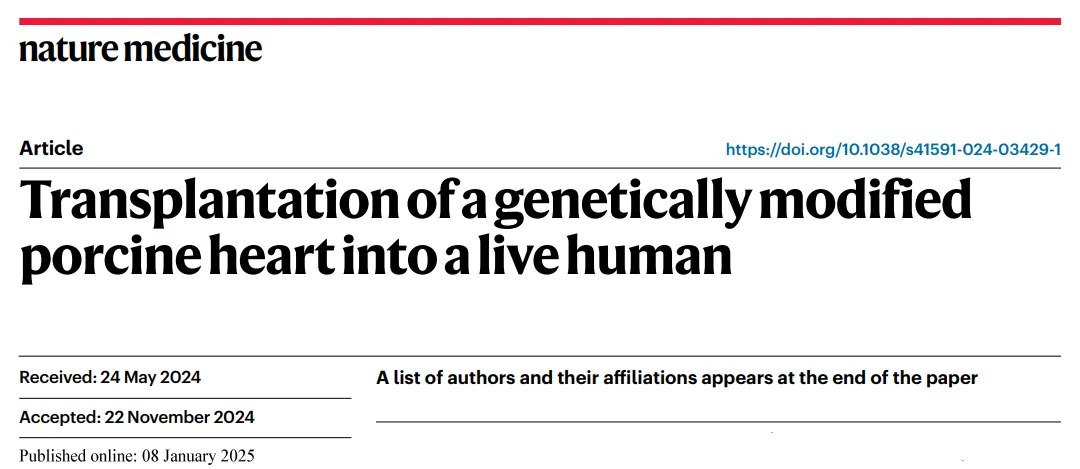
According to information disclosed by NYU Langone Health, the recipient of the genetically edited pig kidney is a 53-year-old woman named Towana Looney. In 1999, she donated a kidney to her mother, and a few years later, she developed renal failure due to destructive hypertension caused by complications during pregnancy. Since December 2016, she had required dialysis to remove excess fluid and waste from her blood. In 2017, she was placed on the kidney transplant waiting list. However, her high levels of harmful antibodies in the blood made finding a compatible kidney nearly impossible as it could trigger rejection of the transplant. After nearly eight years of waiting, she lost vascular access for dialysis.
In light of this, Looney received "compassionate use" permission from the U.S. Food and Drug Administration (FDA), which allows investigational medical products to be used outside clinical trials in patients with life-threatening conditions. On November 25, 2024, surgeons at NYU Langone Health conducted a seven-hour operation to implant a genetically edited pig kidney into her body.
The pig kidney in question was developed by Revivicor, a subsidiary of the American biotechnology company United Therapeutics. It underwent 10 genetic edits to remove three immunogenic antigens and one pig growth hormone receptor while introducing six human transgenes to make the pig kidney more similar to a human kidney and reduce the risk of immune rejection.
After 11 days of postoperative observation by the Langone Transplant Institute team, Looney was discharged on December 6, free from dialysis, and stayed in an apartment in New York City. She is equipped with wearable trackers that transmit heart rate, blood pressure, and other health data back to her medical team. She also needs to undergo daily in-person evaluations at the hospital and is expected to return to her home in Alabama within three months.
"I am thrilled. I am fortunate to have received this gift—a second chance at life. I have energy and an appetite that I haven’t had in eight years. I can feel the blood flowing through my veins. I can place my hand on this kidney and feel it buzzing; it is so strong," Looney said at a press conference on December 17.
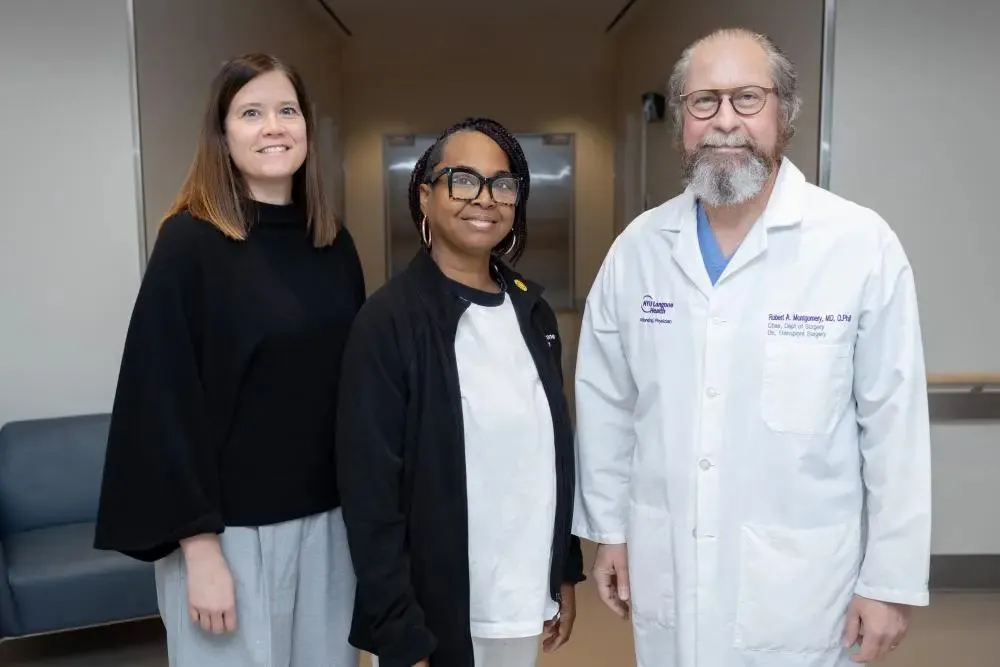
This is the third instance in the history of xenotransplantation where a kidney from a genetically edited pig was used for a kidney transplant. In April 2024, the same team at NYU Langone Health treated a 54-year-old New Jersey woman named Lisa Pisano, who suffered from severe heart failure, end-stage renal disease, and multiple chronic illnesses requiring regular dialysis. After conducting research, the treatment team proposed a combined procedure involving a mechanical heart pump and a genetically edited pig kidney transplant, which received the patient’s consent and FDA approval. Although the patient initially showed no signs of organ rejection and had good kidney function, on May 31, the treatment team reported that the transplanted pig kidney experienced failure due to insufficient blood flow and was subsequently removed. Pisano later entered hospice care and passed away in July. The pig kidney transplanted into Pisano was also manufactured by Revivicor, which had "knocked out" the kidney's α-gal gene, a gene that can cause immediate or hyperacute rejection of xenotransplanted organs.
The world's first live pig kidney transplant was conducted by a medical team at Massachusetts General Hospital. In March 2024, they successfully transplanted a genetically edited pig kidney into a 62-year-old man suffering from renal failure. The pig kidney used in the transplant was produced by eGenesis, a U.S. biotechnology company, and underwent 69 genetic modifications to remove three genes associated with potential rejection and introduce certain human genes to improve compatibility. The company also deactivated porcine endogenous retroviruses in the donor pig to eliminate the risk of human infection.
The patient receiving the organ transplant was named Richard Slayman, who was in good condition and able to go home two weeks after the surgery. However, two months later, he died due to an "unexpected cardiac event," which his doctors said was unrelated to the transplant.
Looney's uniqueness lies in the fact that, although her high antibody levels made finding a suitable human kidney donor nearly impossible, she was not on the brink of death. This case will provide significant insight into rejection risks, the longevity of the organ, and whether pig kidneys can achieve things that human kidneys cannot. In an interview with STAT, a biomedical industry media outlet, Robert Montgomery, director of the Langone Transplant Institute, stated, "This gives us more understanding of our expectations for clinical trials, which will be able to include patients with relatively good overall health."
For Looney, the coming weeks will be critical. Although pre-surgery tests showed moderate levels of "xenoantibodies" (immune molecules that recognize and react to pig organs) in her body, a biopsy last week revealed that her complement system had been activated—a protein network that enhances (or complements) antibodies can trigger destructive inflammation and coagulation in the context of xenotransplantation. To alleviate this and prevent potential rejection, Looney is now receiving additional complement inhibitors.
Her medical team indicates that if signs of rejection are observed, there are numerous additional medications available to reverse the rejection. The long-term goal is for Looney to no longer use the strongest immunosuppressive medications as she adapts to the new organ, although she will inevitably need to take some immunosuppressants.
Proving the efficacy of xenotransplantation will require years of clinical trials. According to STAT, eGenesis raised $191 million in new funds in September 2024 to advance its CRISPR pig kidney human trials. CEO Mike Curtis anticipates that eGenesis will formally apply to the FDA for human clinical trial authorization in the second half of 2025. A spokesperson for United Therapeutics told STAT that the company expects to submit its own Investigational New Drug (IND) application "soon" to initiate clinical trials of its 10 gene-edited kidneys.
Currently, there are over 100,000 people on the transplant waiting list in the United States, with the majority needing kidneys. Thousands die each year while waiting. The "China Organ Transplant Development Report (2020)" shows that there were 78,324 kidney transplant waitlisted individuals in China in 2020, but only 11,037 kidney transplants were performed that year.
Latest developments
Over the two days, the symposium was not only a collision of ideas but also seeds sown to advance social progress in life culture. The Shandong Yinfeng Life Science Public Welfare Foundation will continue to use technology as wings and culture as roots, collaborating with all sectors of society to enhance the quality of life for the Chinese people and build a human-centered life care system.
According to recent announcements by the Jinan Municipal Bureau of Science and Technology, 11 outstanding achievements from Jinan have been included in the 2025 "Shandong Outstanding Achievements Report" project. Among them is the globally first-of-its-kind ovarian tissue dual-activation technology developed by Shandong Silver Med Life Science Research Institute (Jinan).
Recently, Frigid Zone Medicine, an authoritative international journal in the field of cryomedicine, published an important review titled "Advances in the Detection Methods for Assessing the Viability of Cryopreserved Samples". Written by the team of Yinfeng Cryomedical Research Center, the article systematically reviews and analyzes various detection techniques currently used to evaluate the viability of cryopreserved cells, tissues, and organs. It also proposes key directions from the perspectives of methodological integration and future instrument development, offering crucial theoretical support and practical guidance for the long - term cryopreservation of complex tissues and organs.
Recently, the "Novel Technology for Ultra-Low Temperature Cryopreservation, Activation, and Transplantation of Human Ovarian Tissue," developed through a collaborative effort between Shandong Yinfeng Life Science Research Institute and Beijing University of Chinese Medicine Shenzhen Hospital, has been awarded the 2025 Shandong Refrigeration and Air Conditioning Science and Technology Award. This groundbreaking technology pioneers a new pathway for female fertility preservation, marking a significant leap in China’s interdisciplinary advancements in reproductive medicine and cryobiology.
On May 19, a delegation from the Chinese Training Workshop for Government Officials of Developing Countries visited the exhibition hall of Yinfeng Biological Group's Cryomedicine Research Center. Government officials from multiple countries gained in-depth insights into Yinfeng’s innovative achievements in cryobiomedicine, cell storage, genetic technology, and other fields. They engaged in discussions with the delegation on technology transfer and international cooperation, contributing to the building of a global community with a shared future for humanity.



